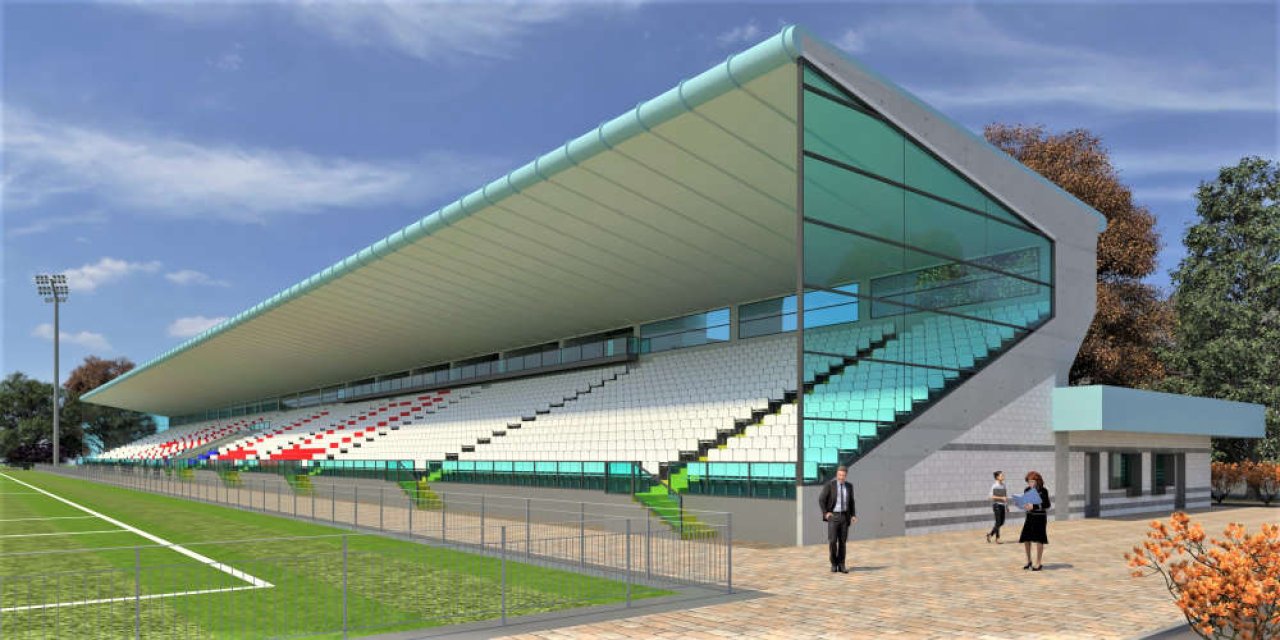How to Price Local Sports Stadium Naming Rights

Decoding the Average Price for Naming Rights of Local Sports Stadiums
Introduction
Naming rights agreements have become a common practice in the sports world, where companies seek to enhance their brand visibility by associating their name with a local sports stadium. These agreements not only benefit sponsors but also contribute significantly to the financial stability of the sports clubs. However, determining the average price for naming rights of local sports stadiums is no simple task, as it varies greatly based on several factors. In this article, we'll explore the key variables that influence pricing and provide insights into what an average cost might look like.
- Stadium Size and Location
The size and location of a sports stadium play a pivotal role in determining the cost of naming rights. Larger stadiums in major cities often demand higher fees due to their greater visibility and audience reach. Smaller, local stadiums typically come at a lower price point. For example, a small-town football stadium might be more affordable than a major metropolitan arena.
- Team Popularity
The popularity of the sports team or events hosted at the stadium can also affect the pricing. Teams with a large and dedicated fan base often have the leverage to negotiate higher naming rights deals. Local teams with a strong following might be able to command a higher price from potential sponsors.
- Market Demands
Market conditions and competition among sponsors in the area can significantly influence the pricing of naming rights. In a competitive market with numerous businesses looking to secure naming rights, the cost may increase. Conversely, in a less competitive market, sponsors may find more favorable terms.
- Local Sports Culture
The sports culture in a specific region can also impact the price of naming rights. In cities where sports are deeply ingrained in the local culture, sponsors may be willing to invest more in stadium naming rights to gain a strong foothold in the community.
- Agreement Duration
The length of the naming rights agreement is another factor to consider. Longer-term agreements tend to command higher prices as they provide sponsors with extended exposure. Shorter agreements may be more affordable but offer less visibility.
- Added Benefits
Sponsors often seek added benefits beyond simply having their name on the stadium. These can include advertising opportunities, hospitality suites, or the rights to promote their products or services during events. The more perks a sponsor requests, the higher the price may be.
- Negotiation Skills
Effective negotiation between the sports club and the sponsor can lead to more favorable terms. Skillful negotiations can result in a win-win situation where both parties are satisfied with the arrangement.
Average Price Range
With all these variables in mind, it's challenging to pinpoint an exact average price for naming rights of local sports stadiums. However, as a rough estimate, small local sports stadiums with a regular attendance of 10,000 might secure naming rights deals in the range of 5,000 to 50,000 annually. Larger and more prestigious stadiums in major markets can command deals ranging from several hundred thousand to several million annually.
Conclusion
The cost of naming rights for a local sports stadium varies widely, depending on factors like stadium size, team popularity, market demands, and the negotiation process. It's crucial for sports clubs seeking sponsors to consider these variables when determining the appropriate price for their naming rights.
Sportvertiser.com, as a sports sponsorship marketing platform, can play a pivotal role in helping sports clubs and sponsors connect, negotiate, and secure mutually beneficial naming rights agreements. Understanding the local market and the unique characteristics of each stadium is key to making informed decisions when it comes to naming rights pricing.






